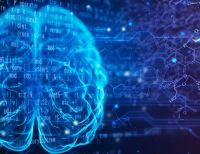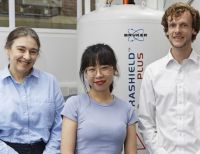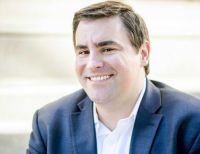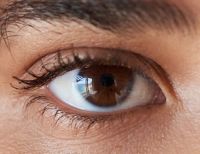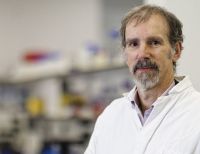In the process of reading Morton Allport’s letters, held mainly at the State Library of Tasmania, Ashby found that Allport identified himself as the principal exporter of the bodily remains of Tasmanian Aboriginal people to Europe.
Allport shipped a total of five Tasmanian Aboriginal skeletons to Europe, proudly identifying himself as the most prolific trader in Tasmanian bodily remains. He did not send any of these remains to the University of Cambridge.
“I can assure you I took no small trouble to see that the bones disinterred from a sp[ot?] where none but Aborigines were buried …”
Extract from 1872 Letter from Morton Allport to craniologist Joseph Barnard Davis.
Allport made clear in his letters that he had directed the grave-robbing himself.
The human remains sent by Allport to the United Kingdom are no longer held in British collections – they were either destroyed by bombing during the Second World War or have since been repatriated to Tasmania.
“Allport’s letters show he invested heavily in developing his scientific reputation - particularly in gaining recognition from scientific societies - by supplying human and animal remains from Tasmania in a quid pro quo arrangement, rather than through his own scientific endeavours,” said Ashby.









